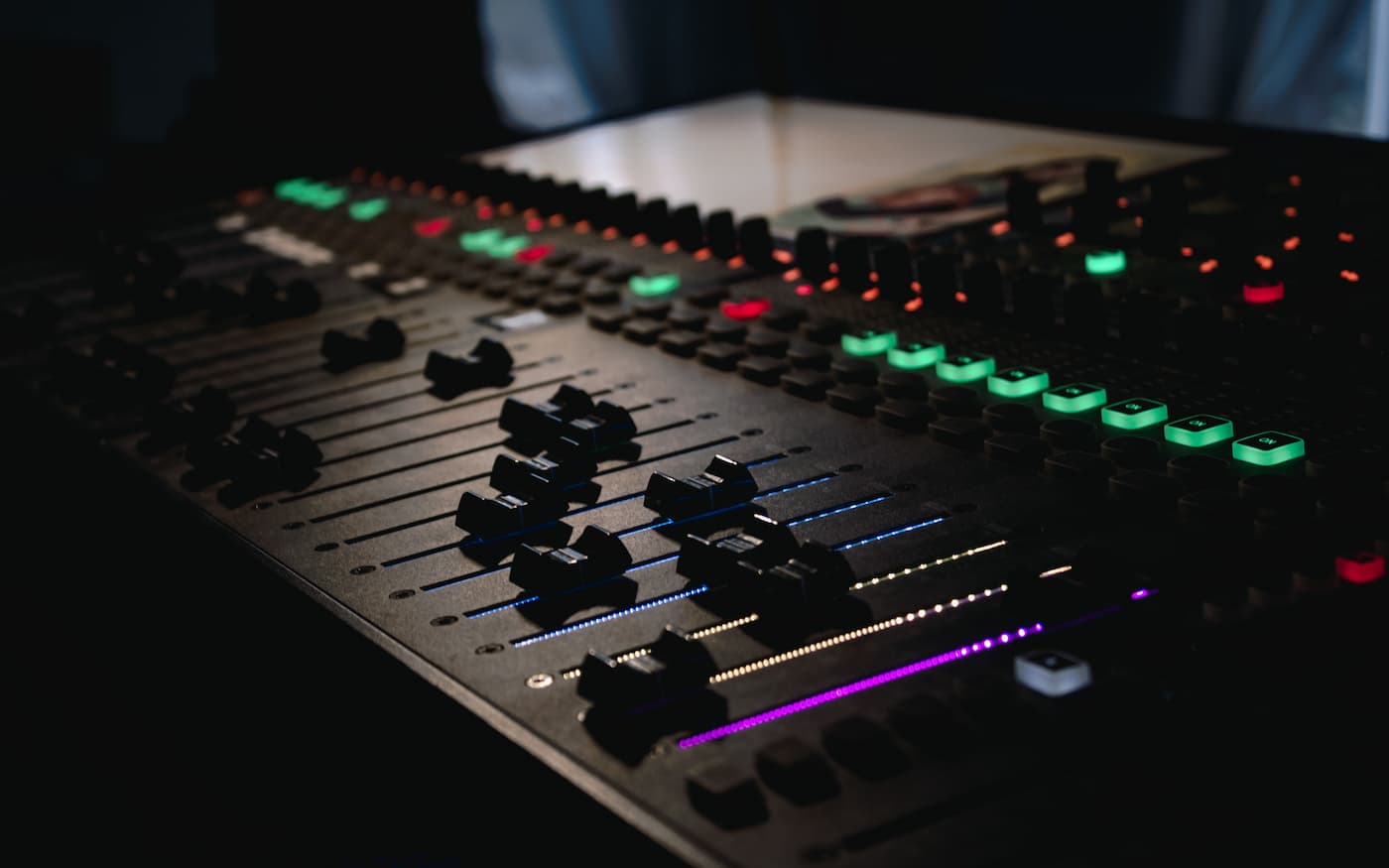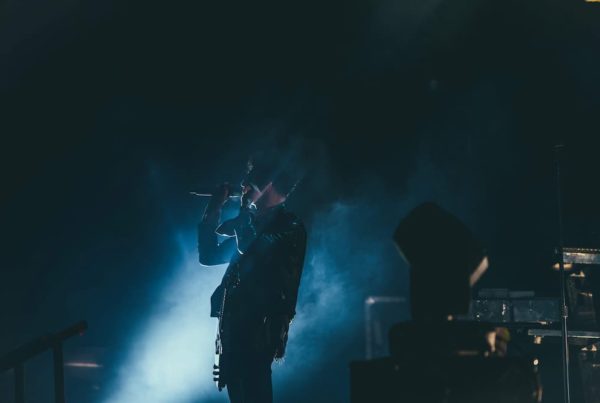PRS (Performing Right Society) is a music collection society, which acts as an intermediary between copyright holders of musical works and those who wish to use those works. They collect and distribute royalties to their members (composers, songwriters and publishers) when their music is performed publicly, broadcast on television or radio, or used in a film or video. They are responsible for licensing the use of copyrighted music and ensuring that the creators of that music are fairly compensated for its use.
PRS for Music, and other collection societies like it, typically operate by collecting information about when and where copyrighted music is being used and then using that information to determine how much money should be paid to the copyright holders of that music. They do this through a number of different methods:
- Monitoring: PRS for Music has a team that monitors various forms of media, such as television, radio, and live events, to identify when copyrighted music is being used.
- Licensing: They also negotiate licenses with businesses and organizations that want to use copyrighted music. These licenses typically specify how the music can be used and how much the licensee will pay in royalties.
- Distribution: Once they have collected royalties, they then distribute them to the copyright holders of the music, typically on a pro-rata basis.
- Collection: PRS for Music also works with other collection societies around the world to ensure that royalties are collected and distributed globally.
Overall, PRS for Music’s goal is to ensure that copyright holders are fairly compensated for the use of their music and that the music industry as a whole continues to thrive.
To become a member of PRS for Music (or any other collection society), you generally need to be a composer, songwriter or publisher of original musical works that are protected by copyright. To apply for membership, you will typically need to provide some basic information about yourself and your works, such as your name, contact information, and a list of the works you have created.
Here are the general steps to become a member of PRS for Music:
- Check Eligibility: First, you need to check if you are eligible to become a member, typically you must be a composer, songwriter or publisher of original musical works that are protected by copyright.
- Gather Required Information: You will need to gather information such as your name, contact information, and a list of the works you have created.
- Apply: Go to the PRS website, find the “Join” or “Become a Member” page and fill out the online application form.
- Submit Required Documentation: You may be required to submit documentation such as proof of copyright for your works, or contracts or agreements related to the use of your music.
- Await Approval: After submitting the required information, your application will be reviewed by the collection society. If your application is approved, you will be notified and sent instructions on how to access your account and view your royalties.
It’s worth noting that each collection society may have different requirements, so it’s best to check the specific requirements of the society you are interested in joining.
PRS for Music and PPL (Phonographic Performance Limited) are both music collection societies in the UK, but they serve different purposes.
PRS for Music represents the rights of songwriters, composers and publishers, and collects and distributes royalties for the public performance and broadcast of copyrighted musical works. This includes when music is played in public places, such as at live events, on television or radio, or as background music in shops and restaurants.
PPL, on the other hand, represents the rights of record labels and performers and collects and distributes royalties for the use of recorded music. This includes when music is played in public places, such as on the radio or in shops and restaurants, as well as when it’s played on streaming services like Spotify or YouTube.
In summary, PRS for Music focuses on the rights of composers, songwriters and publishers and PPL focuses on the rights of performers and record labels. Both organizations collect and distribute royalties for the use of copyrighted music, but the types of use and rights they represent are different.
to be continued…




